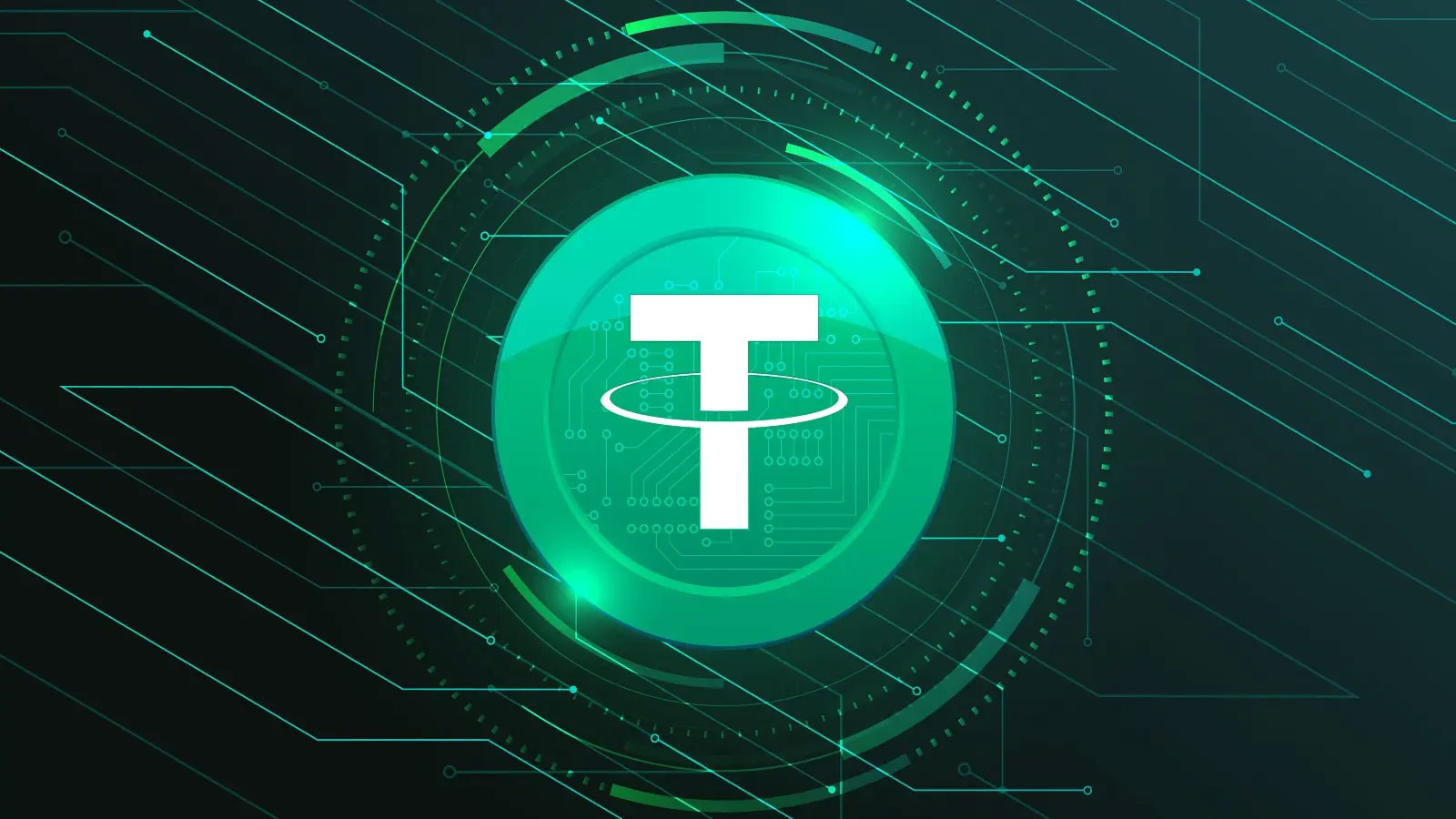Status an Ethereum Private Messenger Goes Waku on Telegram
Status is an Ethereum Private Messenger mobile messaging app that offers users a private and secure way to communicate.

Status is an Ethereum Private Messenger mobile messaging app that offers users a private and secure way to communicate. The app uses a decentralized peer-to-peer network to store and transmit messages, making it resistant to censorship and surveillance.
In February 2020, Status announced that it would be switching from the Whisper protocol to Waku, a new messaging protocol that is designed to be more scalable and efficient. Waku is a fork of Whisper that was developed by the Status team.
The switch to Waku is a significant milestone for Status. It will allow the app to support a larger number of users and to provide a faster and more reliable messaging experience.
What is Status?
Status is a mobile messaging app that is built on the Ethereum blockchain. The app allows users to send and receive text messages, images, and videos in a private and secure way.
Status uses a decentralized peer-to-peer network to store and transmit messages. This means that messages are not stored on any central servers, making them resistant to censorship and surveillance.
Status also offers a number of other features, including:
- End-to-end encryption: All messages in Status are end-to-end encrypted, meaning that only the sender and receiver can read them.
- Micropayments: Status users can make micropayments to each other using the Status cryptocurrency (SNT).
- DApp integration: Status integrates with a variety of Ethereum-based decentralized applications (DApps). This allows users to access and interact with DApps directly from within the Status app.
What is Waku?
Waku is a new messaging protocol that is designed to be more scalable and efficient than the Whisper protocol. Waku is a fork of Whisper that was developed by the Status team.
Waku makes a number of improvements over Whisper, including:
- Increased scalability: Waku can support a much larger number of users than Whisper.
- Improved efficiency: Waku is more efficient than Whisper, meaning that it uses less bandwidth and battery power.
- Reduced latency: Waku messages are delivered faster than Whisper messages.
Why is Status switching to Waku?
Status is switching to Waku because it offers a number of advantages over Whisper. Waku is more scalable, efficient, and has lower latency. This will allow Status to support a larger number of users and to provide a faster and more reliable messaging experience.
Benefits of using Status
There are a number of benefits to using Status, including:
- Privacy and security: Status is a private and secure messaging app that uses end-to-end encryption to protect user messages.
- Censorship resistance: Status is resistant to censorship because it uses a decentralized peer-to-peer network.
- DApp integration: Status integrates with a variety of Ethereum-based DApps, allowing users to access and interact with DApps directly from within the Status app.
Challenges of using Status
There are a few challenges to using Status, including:
- Scalability: Status is still under development, and it is not yet clear how well it will scale to support a large number of users.
- Usability: Status is a complex app, and it can be difficult to use for beginners.
- Adoption: Status is not yet widely adopted, and it is not clear how many people are using the app.
Status is a promising messaging app that offers users a private and secure way to communicate. The switch to Waku is a significant milestone for Status, and it will allow the app to support a larger number of users and to provide a faster and more reliable messaging experience.
What's Your Reaction?
















